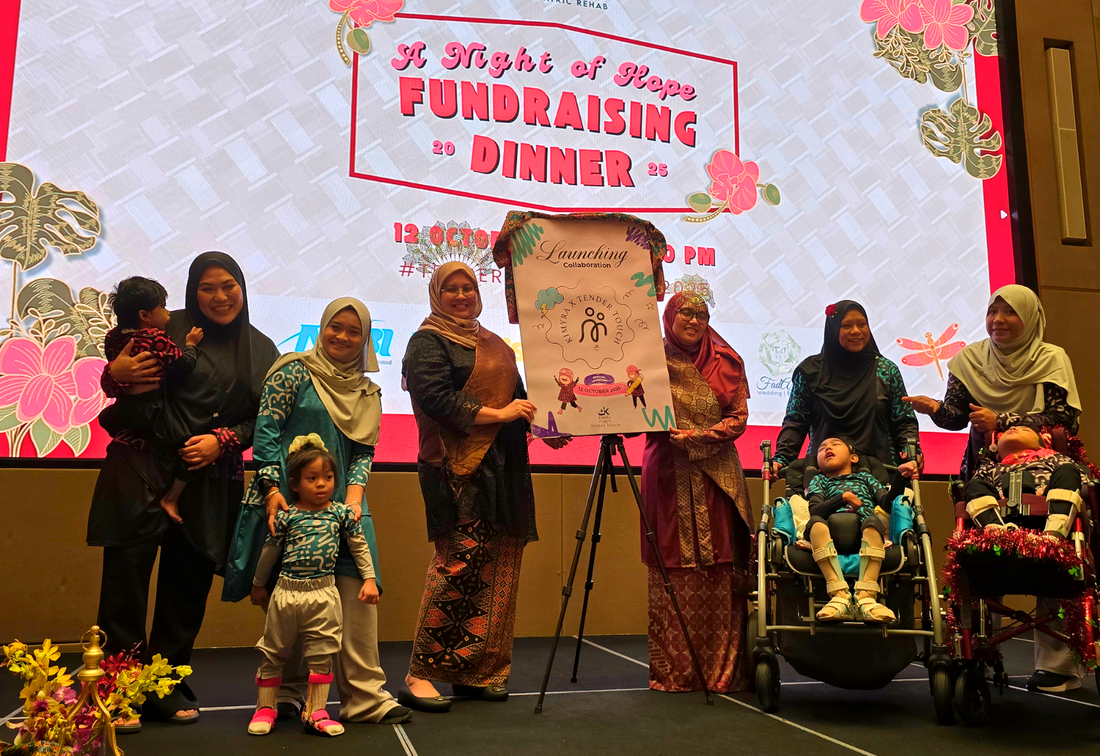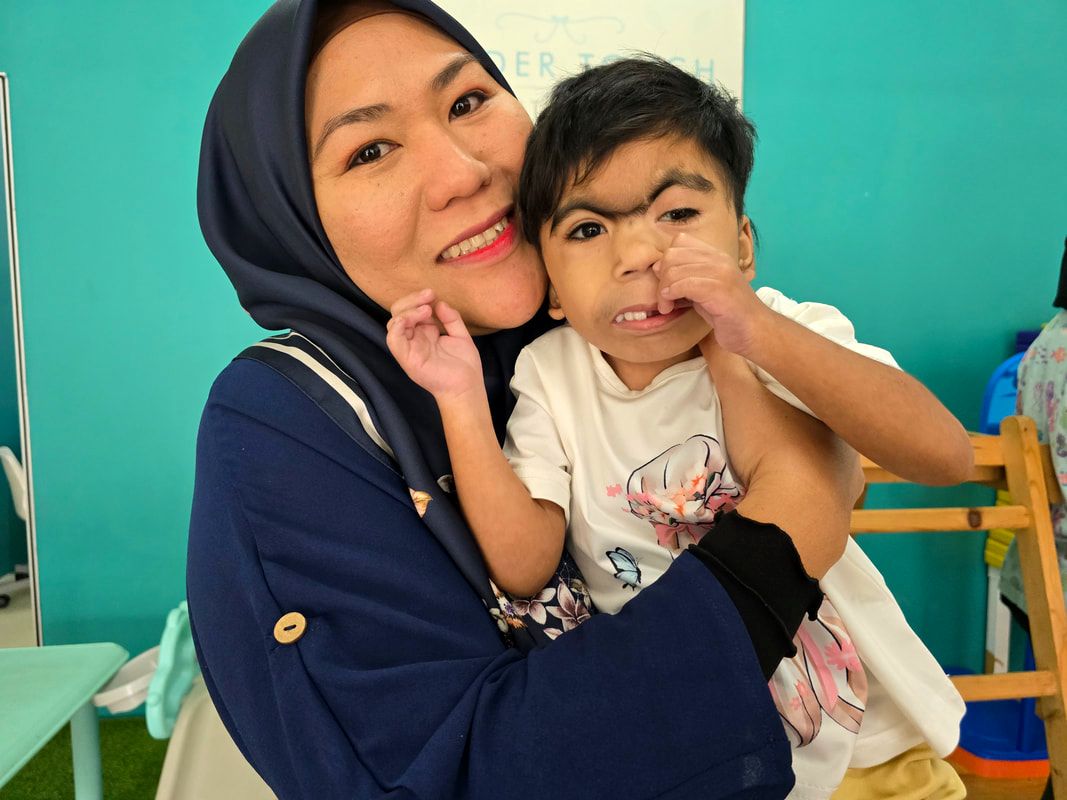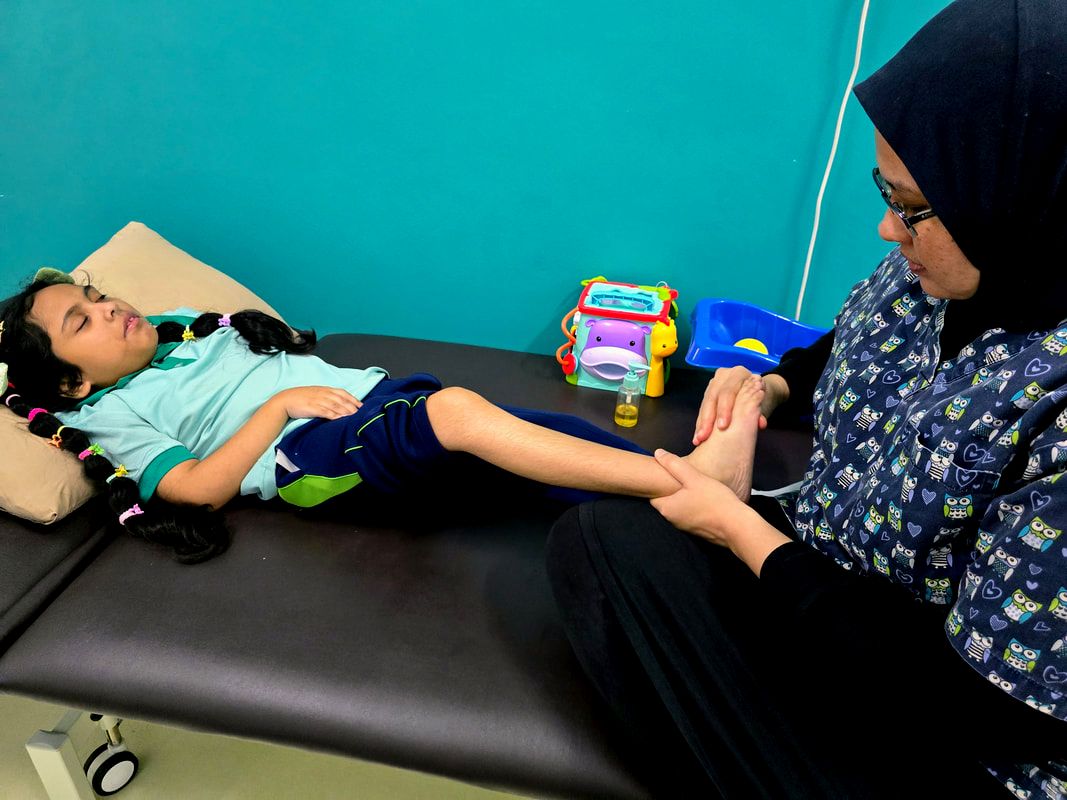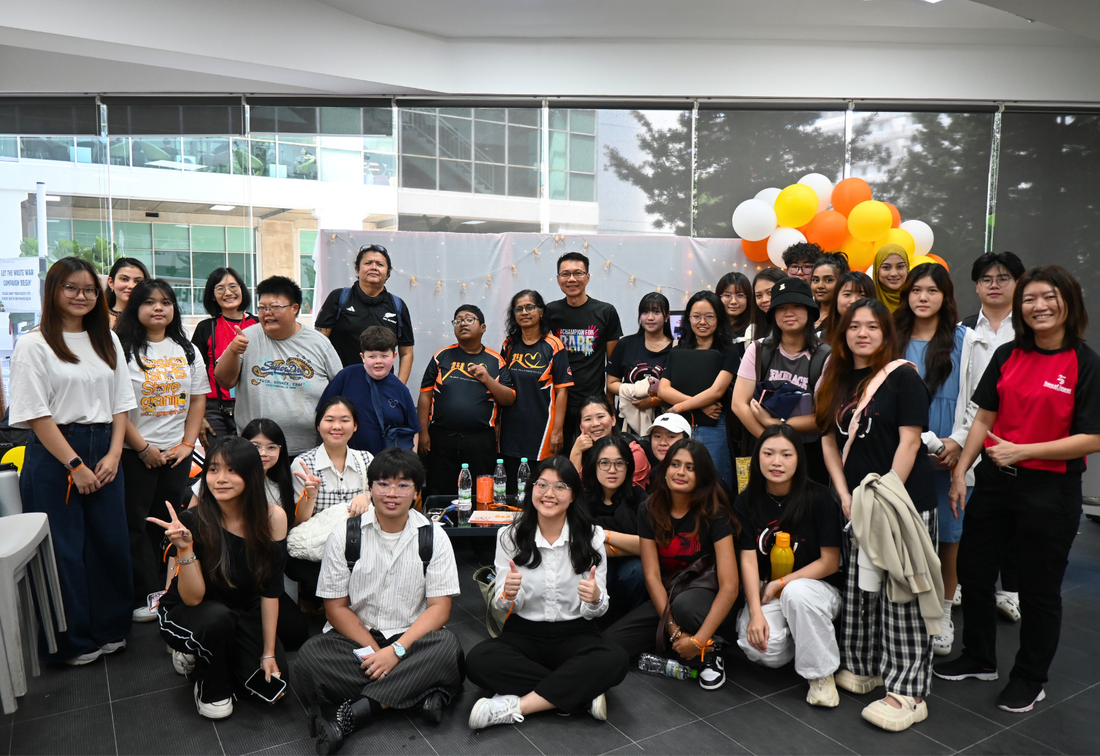OP-ED: 40% of rare disease patients untreated amid lack of innovative access models
November 11, 2025
Access to innovative medicines remains a challenge in Malaysia’s public healthcare sector. As of March 2023, the Ministry of Health (MOH) has identified nearly 500 rare diseases, yet many patients still struggle to receive proper treatment. A study by the School of Pharmaceutical Sciences at Universiti Sains Malaysia and Universiti Malaya Medical Centre found that only 60% of rare disease patients in Malaysia receive treatment. This alarming statistic highlights the urgent need for a unified approach, involving public-private collaboration and the adoption of progressive access models to ensure affordability and long-term sustainability. It is equally important for MOH to explore new treatment access strategies to guarantee equitable healthcare for all, including those living with rare diseases.
Building on progress in medicine access The MOH has made strides in improving medicine access, particularly with the introduction of the Medicines Access Scheme (“MASc”) guideline. This framework provides a clear governance structure for the application, evaluation, and approval of Patient Assistance Schemes (“PASc”), effectively addressing longstanding administrative challenges. In the past, PASc’s implementation was hindered by concerns over the ethical implications of free-of-charge (“FOC”) stock provisions tied to medicine purchases. With these regulatory uncertainties now resolved, patients can benefit from a more structured and reliable pathway to access essential treatments, reducing reliance on out-of-pocket expenses or external funding sources. Malaysia has made steady progress in advancing treatment options for rare diseases, including the approval of several disease-modifying therapies (DMTs) for spinal muscular atrophy (SMA) in recent years. Building on this foundation, the country recently reached a major milestone with the approval of its first gene therapy for SMA—signalling Malaysia’s entry into the era of high-value, transformative medicines. Gene therapy presents a new frontier for SMA management, offering the potential for improved prognosis and enhanced quality of life. Clinical studies for SMA disease modifying therapy (DMT), have demonstrated unprecedented improvements in survival, reduced dependence on nutritional and respiratory support, and the achievement and maintenance of key motor milestones such as sitting, standing, and walking- outcomes rarely seen in the natural progression of the disease. These findings underscore the broad impact of gene therapy beyond symptomatic relief, offering meaningful functional gains for individuals living with SMA. However, long-term accessibility requires more than just expanding healthcare coverage. To fully realize the benefits of these groundbreaking treatments, Malaysia must establish sustainable access models to ensure that patients can access these life-changing treatments without barriers. Sustainable solution: Innovative access models Globally, healthcare systems are adopting progressive access frameworks to address the rising cost of innovative treatments. Outcome-based and pay-for-performance models have gained traction for high-cost conditions, as they align payment with real-world effectiveness and protect public budgets from unwarranted expenditures. For example, Argentina established a dedicated reimbursement fund for SMA in 2023, managed through the National Commission for Evaluation of Health Technologies (CONAME). This centralized, expert-led mechanism assesses treatment eligibility on a case-by-case basis, promoting governance, transparency, and equitable distribution. A similar fund in Malaysia—anchored in expert oversight and transparent eligibility criteria—could support equitable access to treatment for rare disease patients. In Australia, a unique payer license agreement was developed to enable universal access to hepatitis C treatment while capping the government’s annual reimbursement liability. This budget-certain model offers a relevant blueprint for Malaysia in managing newer, high-cost rare disease therapies. Applying such models to orphan diseases could create opportunities to scale access without exceeding fiscal constraints. Malaysia has also seen success through the Malaysia Patient Assistance Program (MyPAP), which enabled universal access to medicines for chronic myeloid leukaemia (CML) patients via cost-sharing among the government and pharmaceutical partners. Building on this model —supported by philanthropic or CSR contributions—could unlock access for conditions where treatment affordability remains a barrier. Countries such as Taiwan and Brazil have further advanced outcome-based reimbursement by tying treatment payment to long-term clinical milestones. In Taiwan, SMA gene therapy is reimbursed via a structured agreement that incorporates expert panel reviews, milestone assessments, and extended monitoring over a decade. Brazil’s system similarly connects staged payments to patient progress. These frameworks not only safeguard public investment but also prioritize treatment effectiveness—offering valuable direction for MOH’s Pharmaceutical Services Programme (PSP) and public payers seeking to manage high-value therapy access responsibly. Public-private collaboration: The way forward As advanced therapies become more widely available, financial aid programs alone are insufficient. Malaysia must establish a comprehensive framework that ties funding to patient outcomes, integrating structured reimbursement models, outcome-based agreements, and risk-sharing frameworks. Strong public-private collaboration will be crucial to implementing these strategies effectively, with each stakeholder playing a vital role in expanding access. While the government ensures regulatory oversight and sustainable reimbursement structures, private stakeholders contribute to financing and delivering these therapies, creating a more balanced and efficient system. Although the MOH has made progress in improving governance through the MASc guideline, deeper engagement with private stakeholders- including pharmaceutical companies, insurers, and non-governmental organizations- is critical for developing tailored financing mechanisms. Building on this progress, the MASc can be expanded to include flexible access schemes, such as outcome-based models, which link reimbursement to patient health outcomes. This approach would align payment structures with treatment effectiveness, ensuring patients receive the most appropriate therapies. Strengthening these collaborations will empower Malaysia to implement sustainable access solutions that improve treatment affordability, optimize healthcare spending, and position the country as a regional hub for investment in life sciences. Seizing the opportunity for change The RM25 million allocation for rare disease treatment in Budget 2025 presents a crucial opportunity to pilot new financing structures. By adopting a proven access model and fostering transparent collaboration across sectors, Malaysia can take meaningful steps toward bridging the treatment gap for rare disease patients, ensuring timely access to life-saving therapies. Without a proactive approach, thousands of patients risk being left without the life-saving treatments they desperately need. Ensuring access to high-value medicines is not just a healthcare challenge, but a moral imperative. The time for action is now. Malaysia must seize this moment to build a more inclusive, patient-centred healthcare system, especially for the benefit of those suffering from rare diseases. |
EXPLORE FURTHER
Celebrating extraordinary journeys: Tender Touch gala honors 22 families facing rare diseasesLotuss Malaysia reaffirms commitment with RM55,920 donation to Tender Touch Pediatric Rehab
|
Rare genetic disorder leaves child strugglingDiscovering hope in the face of adversity: A mother's journey with Cornelia De Lange Syndrome
|
Sharfiza Abdul Aziz brings hope through pediatric physiotherapyFundraising gala aims to provide 400 free therapy sessions for 40 underprivileged children
|
Shining light on Prader-Willi syndromeTaylor’s College join forces with PWSA Malaysia to raise awareness, funds, and empathy for families facing Prader-Willi syndrome
|







